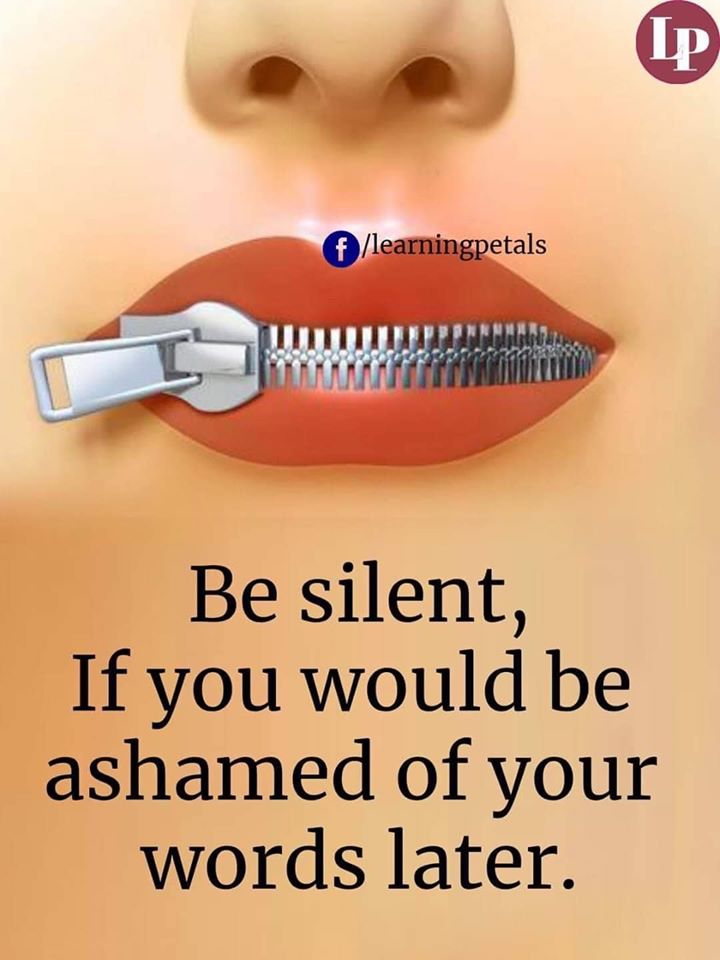We all know that words have power. They can be used to build up or tear down, to heal or to hurt. But how often do we stop to think about when it’s best to be silent?

There are many times when silence is the best course of action. Here are 20 tips for guarding your mouth and tongue:
- Be silent in the heat of anger. Words spoken in anger are often hurtful and can damage relationships. It’s always best to take a few minutes to cool down before saying anything.
- Be silent when you don’t have all the facts. It’s easy to jump to conclusions and make assumptions, but it’s important to have all the information before speaking.
- Be silent when you haven’t verified the story. If you’re not sure if something is true, it’s best to keep quiet.
- Be silent if your words will offend a weaker person. It’s important to be mindful of the power of our words and to avoid saying anything that could hurt someone else.
- Be silent when it is time to listen. Sometimes the best thing we can do is to listen to what someone else has to say.
- Be silent when you are tempted to make light of holy things. Our words should reflect our reverence for God and His creation.
- Be silent when you are tempted to joke about sin. Sin is serious and our words should not trivialize it.
- Be silent if you would be ashamed of your words later. If you’re not sure if you should say something, it’s probably best to keep quiet.
- Be silent if your words would convey the wrong impression. It’s important to be mindful of the way our words are interpreted.
- Be silent if the issue is none of your business. It’s not always our place to get involved in other people’s affairs.
- Be silent when you are tempted to tell an outright lie. Lies can damage relationships and erode trust.
- Be silent if your words will damage someone else’s reputation. Our words should be used to build up, not tear down.
- Be silent if your words will damage a friendship. Words can be hurtful and can damage even the strongest of relationships.
- Be silent when you are feeling critical. Criticism can be destructive and should be avoided.
- Be silent if you can’t say it without screaming. If you’re feeling angry, it’s best to take a few minutes to calm down before speaking.
- Be silent if your words will be a poor reflection of your friends and family. Our words should reflect the values of those we love.
- Be silent if you may have to eat your words later. It’s always better to be safe than sorry.
- Be silent if you have already said it more than once. If you’ve said something once, there’s no need to say it again.
- Be silent when you are tempted to flatter a wicked person. Flattery is often used to manipulate and deceive.
- Be silent when you are supposed to be working instead. It’s important to focus on the task at hand and avoid distractions.
Guarding our mouths and tongues is not always easy, but it’s an important skill to develop. By following these tips, we can avoid saying things that we’ll regret later and build stronger relationships with the people around us.
“Whoever guards his mouth and tongue keeps his soul from troubles.” (Proverbs 21:23)














